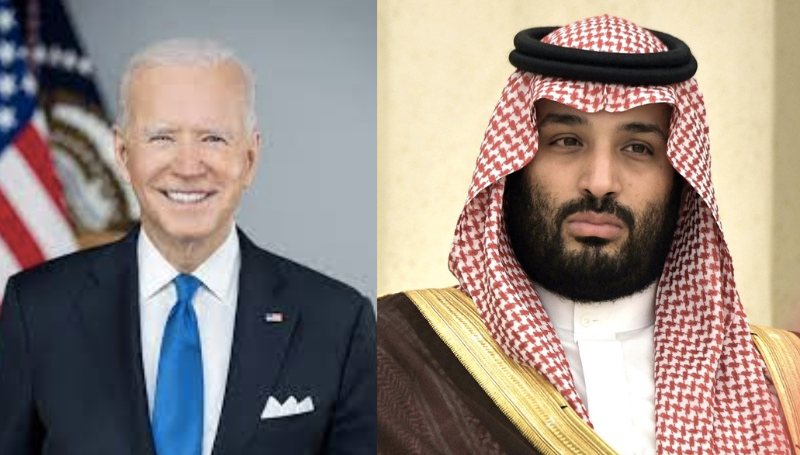Ben Hubbard
NYT, July 14, 2022
“Scholars of the Middle East point out that the United States has a long history of doing business with autocrats, including every Saudi king, and that engagement could more effectively shape their behavior than ostracism.”
The Saudi Arabia that President Biden will visit this week is a country being actively reshaped by the whims and visions of one man: Crown Prince Mohammed bin Salman.
As the de facto ruler of the oil-rich monarchy, the 36-year-old prince has cast himself as a reformer, loosening some restrictions of ultraconservative Islam by permitting women to drive and allowing once-forbidden cinemas and concerts.
But the prince’s rule has also been defined by his institutionalization of force — both to quash domestic dissent and to pursue a more muscular foreign policy. Stepping beyond the old Saudi model of quietly cultivating influence with cash-driven diplomacy, Prince Mohammed has bombed Yemen, moved aggressively to jail activists and critics and, according to the Central Intelligence Agency, dispatched the hit squad that murdered the Saudi journalist Jamal Khashoggi.
It was because of these human rights concerns that Mr. Biden vowed during his election campaign to make Saudi Arabia a “pariah” and refused once in office to speak with Prince Mohammed, seeking to punish him with isolation.
It did not work.
With Russia’s invasion of Ukraine affecting oil prices and Iran believed to be expanding its nuclear capabilities, Mr. Biden suddenly needs Saudi Arabia’s help — and must confront the reality that the only way to get it is through Prince Mohammed, widely known as M.B.S.
To continue reading the full article click the link below
To view the original article, click here


